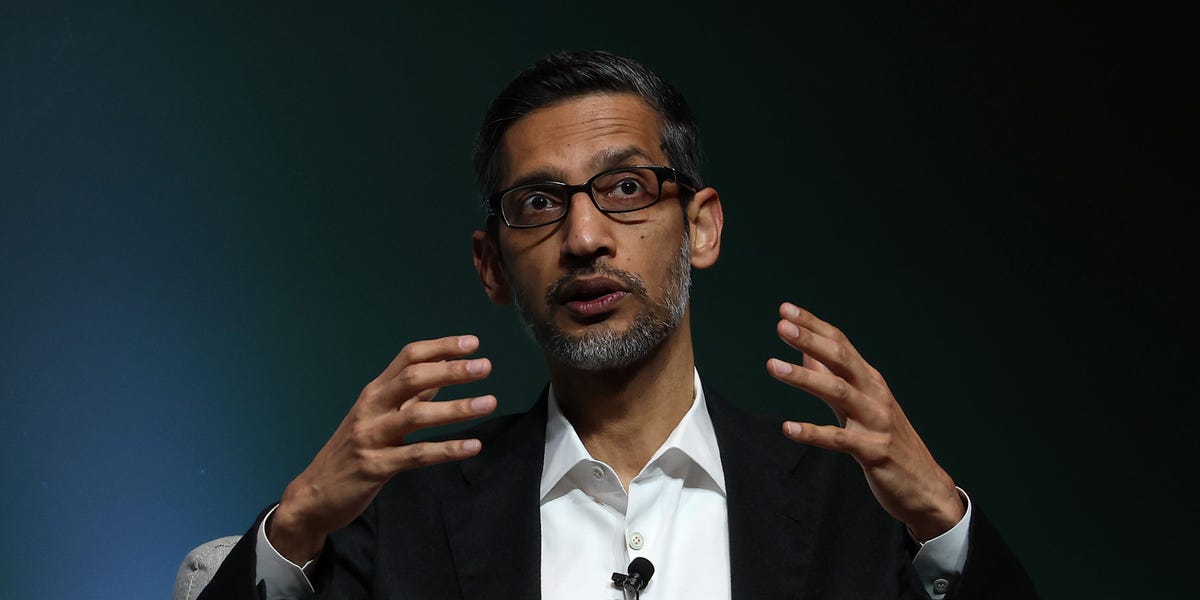solo
- 3 Posts
- 17 Comments

 39·6 months ago
39·6 months agoAnd how on earth did you arrive to this arbitrary conclusion?

 251·6 months ago
251·6 months agoThe brothers created 16 Ethereum validators and targeted three specific traders who operated MEV bots, the indictment said.
To activate 1 validator you need 32 ETH. So for the 16 validators they got, it would be 512 ETH. Prices in December 2022 for eth were around 1200$. So they “invested” in this fraud over 600,000$.
Today’s eth price is around 3000$ so they’d be having over 1.5 mil, if they weren’t that greedy
Yes, there is this effort to equate anti-zionism with anti-semitism. Thankfully there have been Jewish people against zionism, since its inception. Btw Meet The ‘Wrong Jew’ The Media Doesn’t Want You To Know Exists, and they say
“Not in our name!”

 83·6 months ago
83·6 months agoObviously I don’t see this as good news because I can’t see how ecology and capitalism can work together, unless it is greenwashing. Environmentalism/ecology/etc want sustainability, capitalism is all about eternal growth of the business, and I don’t see corporations and other financial entities changing their business model? Do you?

 1·6 months ago
1·6 months agodeleted by creator
Left bias yes, but even Media Bias Fact Check the score they give for Jacobin is high:
Factual Reporting: HIGH MBFC Credibility Rating: HIGH CREDIBILITY
[Edit - In relation to this article’s historical content here is another source:

 115·6 months ago
115·6 months agoI suppose greenwashing works? in the sense creates favorable stats, not that it helps the environment.
I see what you mean and I feel the same more often than not. On the other hand I think this is part of the authorities’ narrative that wants us to stay home. In reality we got the power and it is visible went we are out in the streets protesting, this genocide for instance. If we didn’t have the power authorities would not exercise so much force to stop us talking, marching or squating gras.
I guess some anti-booing tech will be deployed this year as well.

 111·6 months ago
111·6 months agoI wouldn’t hold my breath. For mtgox it took a decade like to start doing so. Centralized finance sucks by default.

 101·6 months ago
101·6 months agoIn the link I provided above it says something very similar:
While it had many strains historically, the Zionism that took hold and stands today is a settler-colonial movement, establishing an apartheid state where Jews have more rights than others. Our own history teaches us how dangerous this can be.
Palestinian dispossession and occupation are by design. […]
Apart from that when you say There’s probably a lot of flavors of Zionism that you’d agree with I must inform you that this is not the case.

 391·6 months ago
391·6 months agoAgreed its not one man. It’s zionism
Ok, I’ll try to explain then.
There is no crypto without a blockchain, and blockchains live on the internet. Btw the projects that are worth in this environment are decentralized.
Federal courts in the US are passing laws and these laws are valid only in the US. They don’t threaten the survival of the “crypto industry” cause they live on the internet, not in the US. It just makes it harder to create a legit project in the US, or if you are a user you will need a VPN to access some sites that are not available in the country you live in.
This is why there is binance.com (for almost everywhere, except US) and binance.us (only for the US). This article fails to mention this difference so claiming that:
The cryptocurrency industry is counting on the federal courts to survive
makes it clear to me that the author has no understanding of how crypto works. That’s my good faith take on this article.
The cryptocurrency industry is counting on the federal courts to survive a sweeping enforcement crusade by Wall Street’s top regulator.
This statement can only mean that the author does not understand how blockchains work.

 2·8 months ago
2·8 months agoIntersectionality as a concept started by Crenshaw. She noticed a court case where a black woman sued a factory for not giving her a secretary job du to racism. The judge said that it could not be due to racism since the factory had employees that were black, and dismissed the case or ruled against it. Crenshaw spotted that the judge had not taken into consideration that all black employees were male working in the production line and all the secretary positions were taken by white females, so the judicial system can be ineffective when people are found in the intersection of different inequalities/etc, which by themselves are addressed. Or supposed to be addressed, but that’s another topic.
For the case in the article I think this is an analysis tool that could help us understand both sides. Of course with more info than the ones provided here.
Hope this was clear enough?

 24·8 months ago
24·8 months agoI don’t trust the judicial system to handle systemic racism. Also, I can’t say I fully understand this case. Intersectionality is a great analysis tool to use in situations like this, no matter what the outcome of the trial will be.



US citizens don’t need to fear any Russian disinformation video campaign, just themselves. Remember Pizzagate? No video was needed for this one to stick.